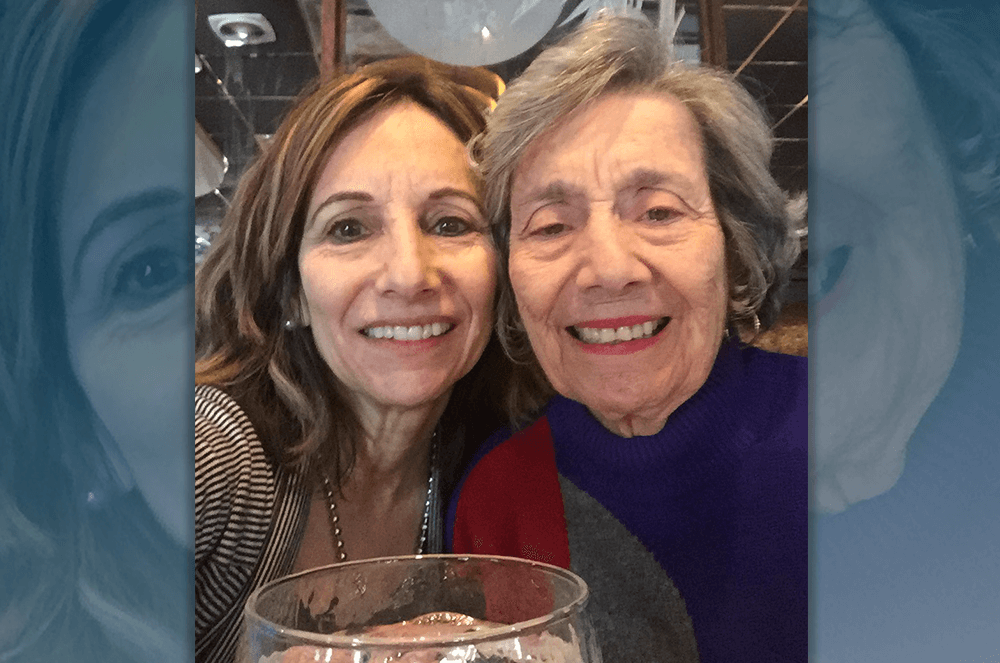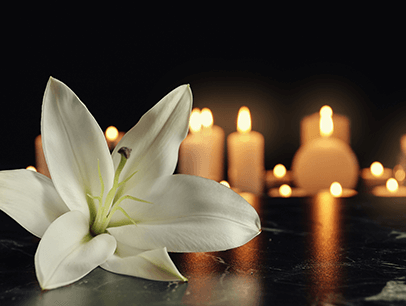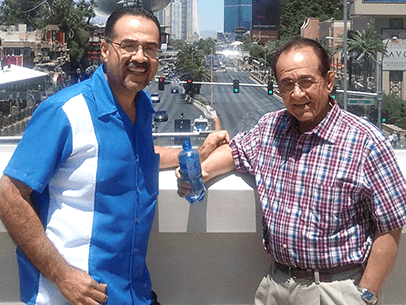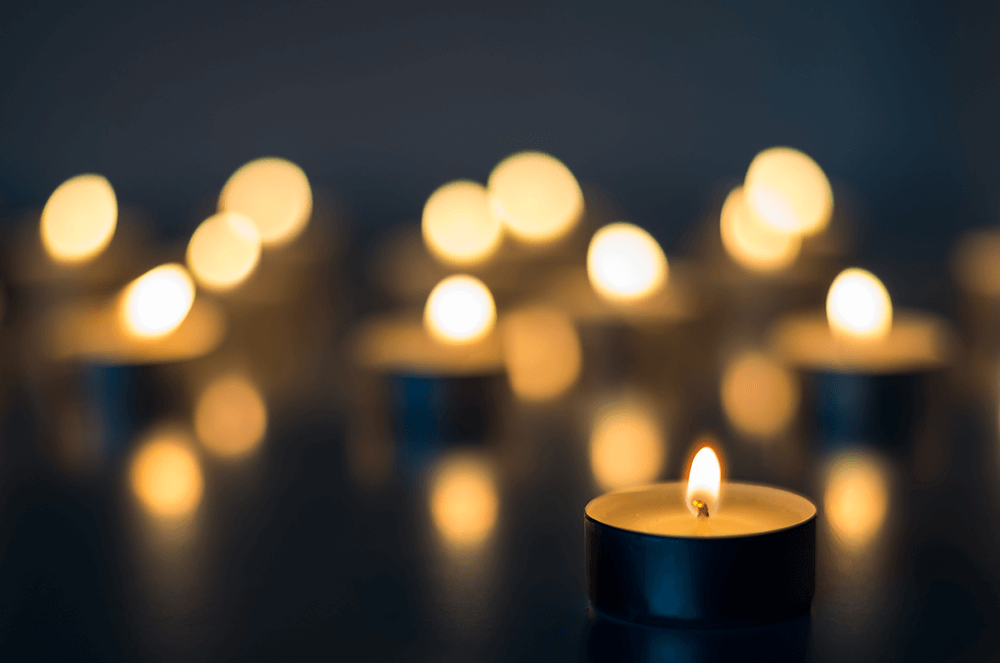
The day my mother died, I asked my cousin, a rabbi who had led the funeral for my father years earlier, to officiate at Mom’s service. When she said she couldn’t, I panicked. We knew no rabbis in my hometown, and the funeral was two days away.
I had been the celebrant at my niece’s and nephew’s weddings, but this was different. It was crazy for a daughter to lead her mother’s funeral—right? And then I got to thinking. My mother would not have wanted a religious ritual. She simply wanted to be remembered.
So, I started to remember. I thought of things Mom loved. And then, Toastmasters-trained speaker that I am, I planned the “presentation.” Not only did I want this event to be as meaningful as possible, but I also knew that the more I prepared, the less nervous and upset I would be. I didn’t want to let my mother down.
I started to compile quotes from things that were important to Mom, like her favorite TV show and movie. A line about libraries, and another about the arts. Then I thought about who would attend and who would want to speak formally at the lectern. Eight of those who didn’t plan to speak received small slips of paper bearing a quote, its source, and the order in which they would read the material aloud.
I began the service by welcoming everyone. I then told a brief story about celebrating a life well-lived. Next, I had asked people to read about the things my mother loved. Asking people to read prepared material not only ceded some of the responsibility and attention to others, but also seemed to make people feel extra welcome and integral to the process.
I pointed one by one to the readers I’d selected, and they stood and recited their parts. Some of the lines—like Clark Gable’s words from Gone with the Wind (“Frankly, my dear, I don’t give a damn.”)—got a chuckle, which helped to ease some of the tension. Others, like the quote from the Broadway sensation Hamilton, which Mom had attended with my niece, drew sighs. (“And when you’re gone, who remembers your name? Who keeps your flame? Who tells your story?”)
After that, I read the eulogy I had written months before, when my mother first went into hospice. I tweaked it plenty, but I had known too many distraught mourners writing such speeches the night before a funeral not to have begun the process months earlier.
After my immediate family members came to the lectern to talk, I asked the group if anyone else had anything to say. To my delight, maybe half of the two dozen attendees rose to give impromptu remembrances of my beautiful mother. I had hoped that by asking people to stand and read at the beginning, the informality and intimacy of the event would encourage others to speak up, but I was still overjoyed.
Finally, I asked my rabbi cousin to help me with the closing prayer. By the time the service was over, 50 minutes had gone by. I was shocked that it had lasted so long.
Thanks to Toastmasters, I was able to honor my mother in a way I know she would have loved.
Although my mother had received a send-off she would have loved, this was not what you’d call an ordinary speaking engagement. I was exhausted and overwhelmed, and not everything went as smoothly as I would have liked. Online viewers couldn’t see or hear when people stood and spoke from their seats. I skipped over one cousin in the order of readings. I misread an important line in my eulogy and had to correct myself. I couldn’t read the tiny print of the prayers. But fortunately, I had established such a comfortable atmosphere with the readings at the beginning that I could easily recover from these mishaps.
The last thing I expected when I learned of my mother’s death was that two days later, I would find myself leading her funeral. And yet, thanks to Toastmasters, I was able to honor her in a way I know she would have loved. As sad as I felt, I could do what needed to be done. And although it would have been okay, I didn’t break down. My Toastmasters training kicked in and saw me through one of the most difficult experiences in my life, and certainly the most painful speaking gig.
My family and I will be forever grateful.
Caren S. Neile, PhD teaches, writes, and stockpiles social capital in Boca Raton, Florida. Visit her at carenneile.com
Related Articles

Communication
Delivering a Heartfelt Farewell

Your Turn
The Most Important Speech

Communication



 Previous
Previous

 Previous Article
Previous Article